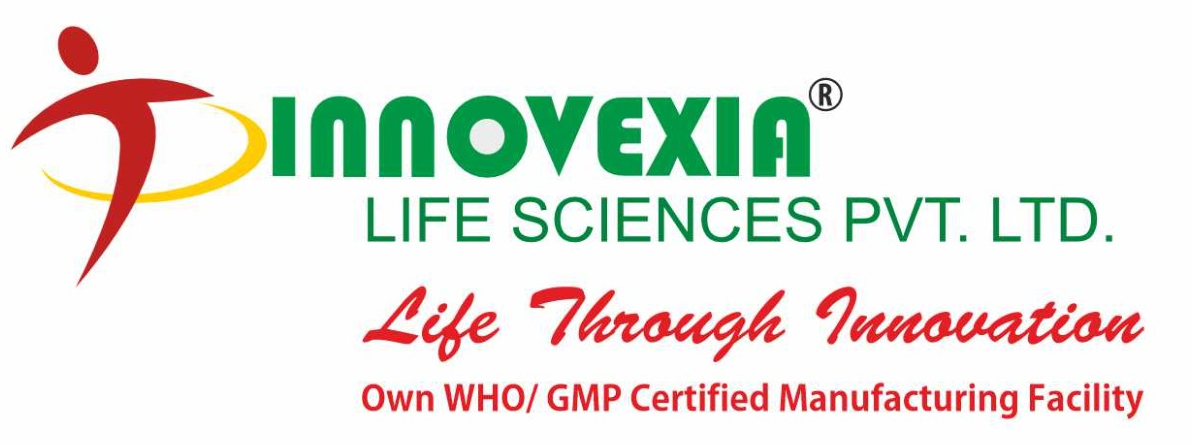Title: Government of India’s Initiatives to Boost Pharmaceutical Drug Manufacturing in the Country
Introduction: The pharmaceutical industry in India has long been recognized as a global leader, supplying high-quality generic drugs to markets worldwide. With the aim of further strengthening this sector and promoting domestic drug manufacturing, the Government of India has implemented various initiatives and policies. These initiatives not only aim to enhance the availability and affordability of essential medicines but also to foster innovation, research, and development within the pharmaceutical sector.
Promotion of ‘Make in India’ Campaign: One of the flagship initiatives launched by the Government of India is the ‘Make in India’ campaign, which aims to transform India into a global manufacturing hub across various sectors, including pharmaceuticals. Through this initiative, the government provides incentives and support to encourage domestic manufacturing and attract foreign investment in the pharmaceutical industry. This initiative has led to increased investments in manufacturing facilities, research and development, and technology adoption, thereby boosting the growth of the pharmaceutical sector in India.
Ease of Doing Business Reforms: To streamline regulatory processes and facilitate ease of doing business in the pharmaceutical sector, the Government of India has implemented several reforms. These reforms include simplifying regulatory approvals, reducing compliance burden, and promoting a business-friendly environment for pharmaceutical companies. By making it easier for pharmaceutical companies to set up and operate manufacturing facilities, these reforms have encouraged investment in the sector and accelerated the pace of drug manufacturing in India.
National Pharmaceuticals Pricing Policy (NPPP): The Government of India has also introduced the National Pharmaceuticals Pricing Policy (NPPP) to regulate the prices of essential medicines and ensure their affordability for the general public. Under this policy, the government fixes the prices of essential drugs based on their therapeutic importance and market dynamics. By controlling drug prices, the government aims to make essential medicines accessible to all segments of society while also balancing the interests of pharmaceutical manufacturers.
Research and Development Incentives: Recognizing the importance of research and innovation in the pharmaceutical sector, the Government of India offers various incentives and support measures to promote research and development activities. These incentives include tax benefits, grants, and funding schemes for research institutions, academic organizations, and pharmaceutical companies engaged in drug discovery, development, and innovation. By incentivizing research and development, the government aims to enhance India’s capabilities in drug discovery and contribute to global healthcare solutions.
Skill Development and Capacity Building: To address the shortage of skilled manpower in the pharmaceutical industry, the Government of India has launched skill development and capacity-building programs. These programs aim to train and upskill workers in various aspects of pharmaceutical manufacturing, quality control, regulatory compliance, and research. By investing in skill development initiatives, the government seeks to create a pool of skilled professionals who can meet the growing demands of the pharmaceutical industry and drive its future growth.
Conclusion: The Government of India’s initiatives to promote the business of pharmaceutical drug manufacturing in the country have played a crucial role in shaping the growth and development of the sector. Through policies aimed at encouraging domestic manufacturing, easing regulatory processes, ensuring drug affordability, promoting research and innovation, and investing in skill development, the government has created an enabling environment for the pharmaceutical industry to thrive. As India continues to emerge as a global pharmaceutical powerhouse, these initiatives will remain instrumental in realizing the full potential of the sector and addressing the healthcare needs of the nation and beyond.

